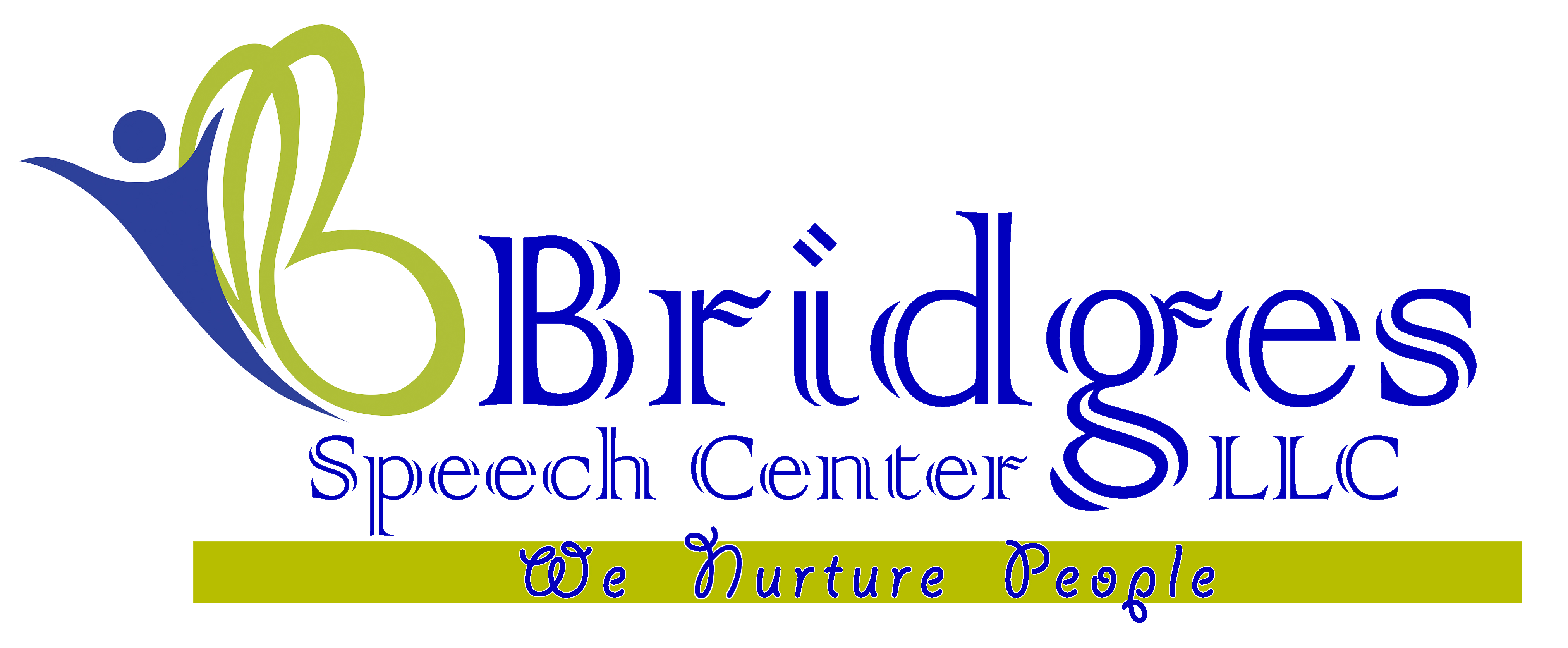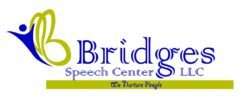- About Us
- Our Services
- Speech Therapy
- Speech and Language Therapies for Adults in Dubai
- Speech and Language Therapies for Children in Dubai
- Accent therapy
- Augmentative Alternative Communication (AAC) Therapy
- Articulation Speech Therapy
- Auditory Processing therapy/ Auditory verbal therapy
- Language Intervention: Speech Delay therapy
- Oral Motor Therapy
- Play Based therapy
- PROMPT/DTTC/RePT for Childhood Apraxia of Speech
- Social communication/Pragmatic language therapy
- Stuttering / Stammering therapy Program
- Spellography Program for Dyslexia
- Voice Therapy
- Home Care Services
- Feeding Therapy
- Physiotherapy
- Pediatric and Geriatric Physiotherapy
- Fall Prevention Programs for the Elderly
- Developmental Delay Treatment for Children
- Cerebral Palsy Management for Children
- Pediatric Orthopedic Conditions
- Osteoporosis Management for the Elderly
- Sports Injuries in Children
- Mobility and Balance Training for Elderly
- Joint Pain Treatment (Knee, Shoulder, Hip)
- Age-Specific Exercise Programs
- Coordination and Balance Exercises
- Orthopedic Physiotherapy
- Neurological Physiotherapy
- Sports Physiotherapy
- Cardiopulmonary Physiotherapy
- Women’s Health Physiotherapy
- Manual Therapy
- Therapeutic Exercise
- Pain Management
- Electrotherapy
- Ergonomic Consultation
- Tele-Physiotherapy Services
- Pediatric and Geriatric Physiotherapy
- Occupational Therapy
- Sensory Integration
- Clinical Psychology & Psychotherapy
- Cognitive Behavioral Therapy(CBT)
- ABA /Behavior Therapy
- Bridge Learning Program
- Group therapy
- Summer/Winter Program
- Telehealth Services
- Training Program/CEU
- Internship/ Observership
- Speech Therapy
- Super Team
- Collaboration
- Training Course
- News/Blogs
- About Us
- Our Services
- Speech Therapy
- Speech and Language Therapies for Adults in Dubai
- Speech and Language Therapies for Children in Dubai
- Accent therapy
- Augmentative Alternative Communication (AAC) Therapy
- Articulation Speech Therapy
- Auditory Processing therapy/ Auditory verbal therapy
- Language Intervention: Speech Delay therapy
- Oral Motor Therapy
- Play Based therapy
- PROMPT/DTTC/RePT for Childhood Apraxia of Speech
- Social communication/Pragmatic language therapy
- Stuttering / Stammering therapy Program
- Spellography Program for Dyslexia
- Voice Therapy
- Home Care Services
- Feeding Therapy
- Physiotherapy
- Pediatric and Geriatric Physiotherapy
- Fall Prevention Programs for the Elderly
- Developmental Delay Treatment for Children
- Cerebral Palsy Management for Children
- Pediatric Orthopedic Conditions
- Osteoporosis Management for the Elderly
- Sports Injuries in Children
- Mobility and Balance Training for Elderly
- Joint Pain Treatment (Knee, Shoulder, Hip)
- Age-Specific Exercise Programs
- Coordination and Balance Exercises
- Orthopedic Physiotherapy
- Neurological Physiotherapy
- Sports Physiotherapy
- Cardiopulmonary Physiotherapy
- Women’s Health Physiotherapy
- Manual Therapy
- Therapeutic Exercise
- Pain Management
- Electrotherapy
- Ergonomic Consultation
- Tele-Physiotherapy Services
- Pediatric and Geriatric Physiotherapy
- Occupational Therapy
- Sensory Integration
- Clinical Psychology & Psychotherapy
- Cognitive Behavioral Therapy(CBT)
- ABA /Behavior Therapy
- Bridge Learning Program
- Group therapy
- Summer/Winter Program
- Telehealth Services
- Training Program/CEU
- Internship/ Observership
- Speech Therapy
- Super Team
- Collaboration
- Training Course
- News/Blogs
Table of Contents
ToggleCognitive Linguistic Therapy Treatment in Dubai
- Home
- Our Services
- Cognitive-linguistic therapy
Cognitive-linguistic therapy for adults
- Assessment:
- Comprehensive Evaluation: Conducted by a speech-language pathologist (SLP) or cognitive-communication specialist.
- Cognitive Strengths and Weaknesses: Assessment evaluates individual’s cognitive strengths and weaknesses.
- Language Processing Abilities: Identifies specific language processing issues to target in therapy.
- Individualized Treatment:
- Personalized Plans: Therapy is tailored to the individual’s specific cognitive-communication deficits.
- Assessment Findings: Treatment plans are based on the comprehensive assessment findings.
- Specific Needs: Focuses on the unique needs and goals of the individual.
- Cognitive Domains:
- Range of Cognitive Skills: Targets various cognitive domains, including attention, memory, problem-solving, reasoning, executive functions, and cognitive flexibility.
- Attention Types: Includes sustained, selective, and divided attention.
- Memory: Focuses on improving different types of memory, including short-term, long-term, and prospective memory.
- Attention and Concentration:
- Sustained Attention: Exercises to maintain focus over time.
- Selective Attention: Strategies to focus on specific tasks while ignoring distractions.
- Divided Attention: Techniques to manage multiple tasks simultaneously.
- Memory Enhancement:
- Short-term Memory: Techniques to improve the ability to hold information temporarily.
- Long-term Memory: Strategies to enhance the retention and recall of information over extended periods.
- Prospective Memory: Methods to remember to perform tasks in the future.
- Problem-Solving and Reasoning:
- Effective Strategies: Teaches effective problem-solving and decision-making techniques.
- Critical Thinking: Develops skills for analyzing and evaluating information.
- Real-life Scenarios: Applies reasoning skills to practical, everyday situations.
- Executive Function Skills:
- Planning and Organizing: Helps individuals develop skills to plan and organize tasks.
- Task Initiation: Strategies to start tasks efficiently.
- Impulse Control: Techniques to inhibit impulses and regulate behavior.
- Cognitive Flexibility:
- Adaptation: Teaches individuals to adapt to changing situations and switch tasks.
- Thinking Patterns: Encourages adjusting thinking patterns when faced with new information.
- Resilience: Builds cognitive resilience for handling unexpected changes.
- Language and Communication:
- Comprehension: Improves understanding of spoken and written language.
- Expression: Enhances ability to express thoughts clearly and effectively.
- Pragmatic Skills: Develops social language skills for better interaction.
- Compensatory Strategies:
- Memory Aids: Use of tools like calendars, planners, and reminder apps.
- Organizational Tools: Techniques to organize information and tasks.
- Technology Integration: Incorporates technology to assist with cognitive challenges.
- Functional Application:
- Real-life Integration: Emphasizes applying strategies to daily activities.
- Practical Skills: Ensures individuals can use improved skills in everyday life.
- Independence: Promotes independence in managing personal and vocational tasks.
- Multimodal Approach:
- Visual Aids: Use of charts, diagrams, and visual cues to enhance learning.
- Written Tasks: Involves exercises like journaling and note-taking.
- Interactive Exercises: Engages different cognitive processes through interactive tasks.
- Progress Monitoring:
- Regular Assessment: Ongoing evaluation to track improvement.
- Goal Adjustment: Adjusts therapy goals and techniques based on progress.
- Feedback: Provides continuous feedback to the individual on their performance.
- Psychosocial Support:
- Emotional Impact: Acknowledges the emotional challenges of cognitive changes.
- Confidence Building: Helps build confidence in cognitive and communication abilities.
- Frustration Reduction: Offers strategies to reduce frustration and enhance well-being.
Make Appointment
Testimonials
What Parents Say
Send us an email if you wish to talk to any of them. For more reviews, please go to Google reviews.

My experience with bridges speech centre has been great. My child is attending OT in the center and we are happy and proud with the progress Mrs. Richa has made. The therapists are very supportive and knowledgable in selecting techniques to suit with our child's requirements . Their monthly review and evaluation is remarkable. I highly recommend bridges speech centre to anyone looking for an affordable and professional therapy for their child....

We were asked to consult a speech therapist for my son. As parents we were quite skeptical about this whole process. However, once my son started attending Dr Rupali’s sessions we noticed a drastic improvement in his speech. He used to speak only a few words but within the 1st four sessions he started speaking up-to 5 words sentences. I also learnt to manage my child’s emotions better with Dr Rupali’s guidance. She is very cooperative and patiently answer all questions.

We took our 21 month old daughter to Bridges speech center following her cleft palate surgery as she needed Speech therapy. Ms.Rupali was recommended to us by both our Pediatrician and ENT specialist. The staff at Bridges are qualified, warm and friendly. My daughter loved to attend the speech therapy sessions. Through various techniques and simulations provided during these sessions, I can see considerable improvement in my daughter's speech. Lastly I would say, no child is same, as parents we need to be patient and trust the process.

Rupali was excellent. In just couple of sessions she helped my child overcome difficulty in pronouncing ch and sh sound. Thanks very much.Highly recommend for children who will need assistance in speech therapy.
Blog & Article
Our Latest Blog & Articles
What Is the Difference Between Occupational Therapy and Physical Therapy?
If you are searching what is the difference between occupational therapy and physical...
Sensory Integration Therapy at Home for Children with Sensory Challenges
When a child gets overwhelmed by everyday sounds, refuses certain clothes because they...



